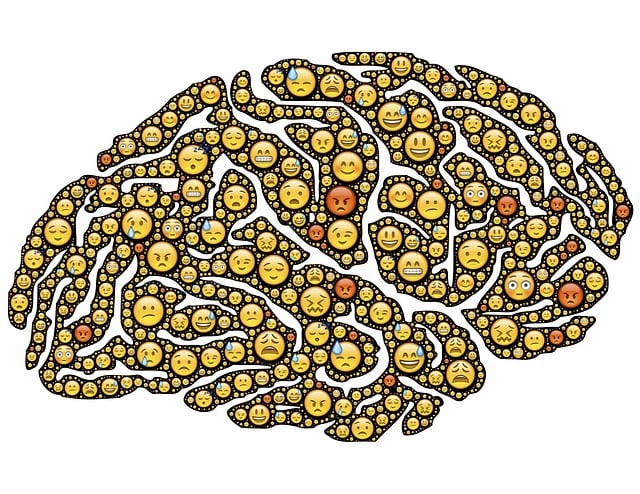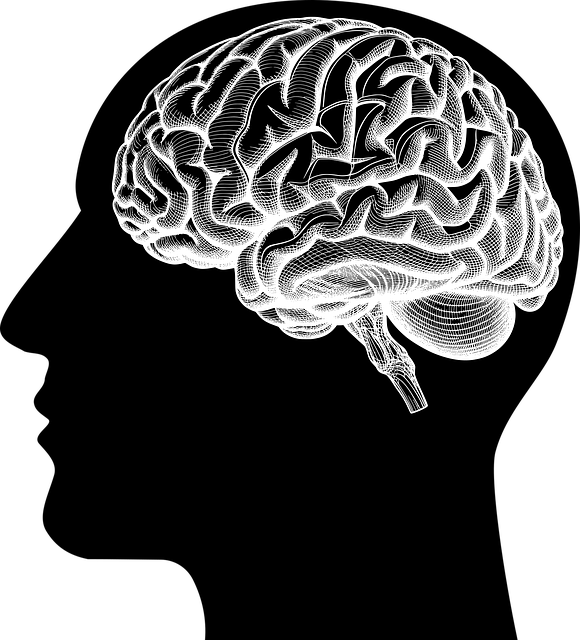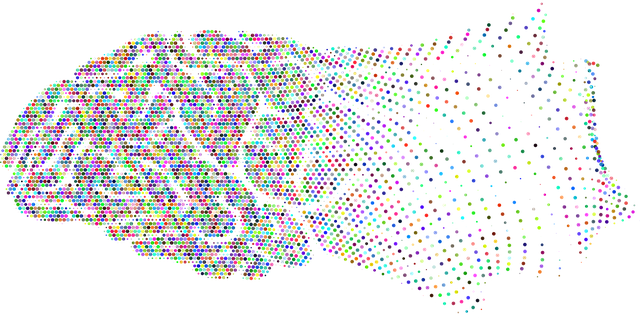Centennial Cancer Issues therapy addresses complex challenges faced by patients with chronic, life-threatening conditions, impacting not just individuals but their families and communities. The RFM (Restoration, Fortification, Maintenance) framework offers a holistic approach, focusing on physical symptoms, mental resilience, and overall well-being, especially through tailored resilience-building exercises like mental wellness journaling. Implementing Resilience and Mental Fitness (RFM) programs promises to enhance care models by fostering emotional coping, managing stress, preventing burnout, and improving outcomes for diverse patient populations. Effective integration requires resource evaluation, competency training, structured risk assessments, feedback mechanisms, and continuous refinement based on evaluations.
“In the realm of cancer therapy, addressing Centennial Cancer Issues is crucial for comprehensive patient care. This article explores an innovative approach—RFM (Resilience, Functional, and Mindfulness), a game-changer in managing and mitigating the impact of these complex challenges. We delve into how RFM integrates resilience-building exercises to enhance traditional cancer therapy.
By understanding the unique aspects of Centennial Cancer Issues and their profound effects, healthcare professionals can design targeted interventions. This comprehensive guide covers implementing successful RFM programs, offering strategies to overcome challenges and optimize patient outcomes in cancer therapy.”
- Understanding Centennial Cancer Issues and Their Impact
- The Role of RFM in Cancer Therapy: A Comprehensive Approach
- Designing Resilience-Building Exercises for Effective Treatment Support
- Implementing RFM Programs: Strategies for Success and Overcoming Challenges
Understanding Centennial Cancer Issues and Their Impact

Centennial Cancer Issues, a term encompassing various chronic and life-threatening health conditions, present unique challenges that demand comprehensive therapeutic approaches. These persistent ailments often leave individuals grappling with physical pain, emotional turmoil, and significant lifestyle changes. The impact extends beyond the patient, affecting families, caregivers, and entire communities. In light of this, therapy becomes a powerful tool for managing symptoms, enhancing quality of life, and fostering resilience.
Understanding Centennial Cancer Issues involves recognizing their multifaceted nature, including physical, psychological, and social dimensions. Mental Illness Stigma Reduction Efforts play a crucial role in encouraging open dialogue, promoting empathy, and supporting those affected. Additionally, Burnout Prevention Strategies for Healthcare Providers are essential to ensure optimal patient care. Mindfulness Meditation has emerged as a valuable technique within these strategies, aiding both patients and caregivers in managing stress, improving focus, and cultivating inner peace amidst adversity.
The Role of RFM in Cancer Therapy: A Comprehensive Approach

The Role of RFM in Cancer Therapy: A Comprehensive Approach
In addressing complex issues like cancer therapy, a comprehensive approach that intertwines physiological, psychological, and social aspects is imperative. This is where RFM (Restoration, Fortification, and Maintenance) enters as a powerful framework, offering a holistic strategy for Centennial Cancer Issues Therapy. By focusing on these three key components, RFM aims to not only treat the physical symptoms of cancer but also bolster mental resilience and overall well-being.
This approach is particularly significant in considering the Cultural Sensitivity in Mental Healthcare Practice, as it recognizes the diverse needs of patients from various backgrounds. Depression Prevention and Burnout Prevention are also integral parts of this strategy, ensuring that patients receive comprehensive care that addresses both their physical and psychological health. The RFM model fosters a supportive environment, empowering individuals to navigate their cancer journey with renewed strength and resilience.
Designing Resilience-Building Exercises for Effective Treatment Support

Designing resilience-building exercises is a strategic approach to enhance the therapeutic journey for individuals facing chronic conditions like cancer. In the context of Centennial Cancer Issues Therapy, these exercises aim to empower patients by fostering mental wellness and positive thinking, which are crucial aspects of holistic treatment support. By integrating activities that promote emotional coping and stress management into the patient’s routine, therapists can help them navigate the challenges associated with their diagnosis.
One effective method is incorporating mental wellness journaling as a guidance tool. This exercise allows patients to introspect, express feelings, and track progress over time. It provides a safe space for them to explore thoughts, fears, and aspirations related to their cancer journey. Additionally, encouraging regular practice of positive thinking techniques can help alleviate anxiety and depression, preventing burnout during treatment. These exercises contribute to building resilience, enabling individuals to adapt and cope more effectively with the physical and emotional demands of cancer therapy.
Implementing RFM Programs: Strategies for Success and Overcoming Challenges

Implementing RFM (Resilience and Mental Fitness) programs offers a promising approach to addressing Centennial Cancer Issues Therapy challenges. To ensure success, healthcare providers should integrate these initiatives into their existing care models seamlessly. One effective strategy is tailoring RFM exercises to specific patient needs, considering factors like cultural background through competency training for mental health professionals. This ensures that interventions resonate with diverse populations, fostering better engagement and outcomes.
Overcoming challenges requires a multifaceted approach. Healthcare organizations can start by evaluating existing resources and infrastructure to support RFM programs. Incorporating Mental Wellness Coaching Programs development alongside structured risk assessments for mental health professionals is key. Regular feedback mechanisms and continuous evaluation allow for refining these initiatives, ensuring they remain effective in enhancing patient resilience and overall well-being.
The implementation of Resilient Factors Model (RFM) and resilience-building exercises offers a promising approach in cancer therapy, addressing the profound impact of Centennial Cancer Issues. By integrating these strategies into treatment plans, healthcare professionals can empower patients to navigate challenges with enhanced resilience. Through comprehensive design and strategic program execution, RFM has the potential to revolutionize cancer care, providing patients with the tools to manage symptoms, improve quality of life, and ultimately, foster a more positive outlook on their journey.












